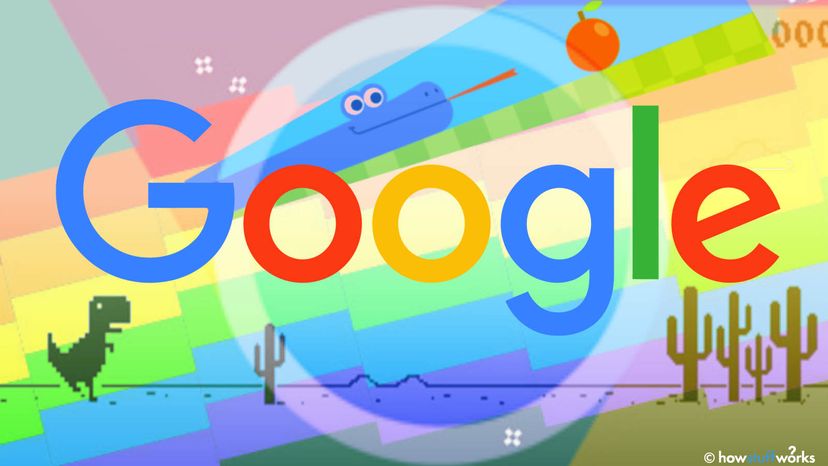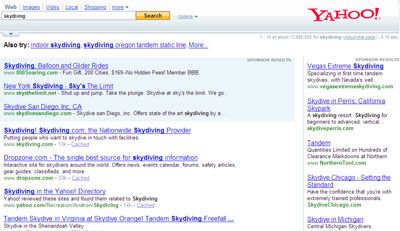
We all know Google as a search engine giant; you can find anything you need by typing in the right search phrase. But the monolithic "type-and-you'll-find-it" company has also been hiding features in the form of Easter eggs inside its pages for some time.
These Google Easter eggs are search queries that turn your browser upside down, sneak in fun pop culture references and even give nods to popular science fiction stories.
Advertisement

